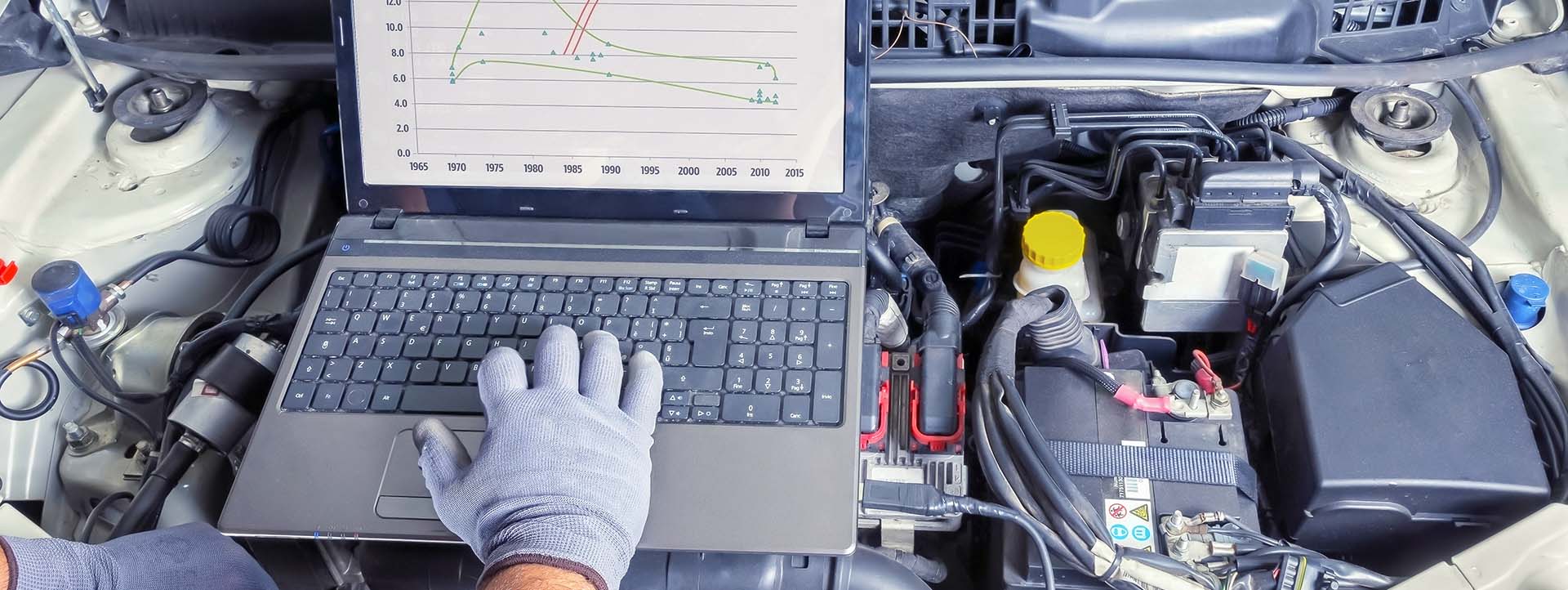
Diagnostics
imotorist is probably one of the largest independent Audi VW Group service centres in Lancashire and have also been working on BMW,s for nearly a decade. However we have equipment and technical data to check & test all makes & models.
Our approach to diagnostics is systematic & customer friendly with updates at each stage as progress is made.
Understanding the problem is the key to finding the fix. Most modern cars (less than 15 years old) use CAN BUS system wiring & control modules to reduce the amount of wiring harnesses running through a car and also to reduce weight. There are two main areas to consider when diagnosing CAN-BUS equipped vehicles, firstly testing the control modules, associated components and understanding how the modules function. Secondly knowing how the CAN Bus network functions & breaks down.
When there is a problem on the CAN Bus network itself, a DTC or fault code will often be stored in the body controller that monitors the data. In the case of an ABS fault for example, a DTC of ‘U0121 lost communications with ABS module’ could be read from the ABS control module to indicate that the data from the braking module is missing and therefore there is a network issue to resolve first.
Unfortunately, the design of a CAN network may create other problems when faults occur. With all the modules being connected to each other, it’s possible that a single module fault can crash the entire network or share its faults and symptoms with other controllers.
This can make fault finding a difficult and time consuming process, hence the need to use experienced & qualified technicians as well as the correct diagnostic equipment. This is also the number one reason why customers can have parts or components changed unnecessarily and the fault still there.
Once the network tests ok, further testing can be carried out to see which sensor/s or control unit/s are at fault. Also nothing in a car works in isolation, all parts have to connect and work with others, therefore there will always be an element of the domino effect especial in older cars where several parts can fail at once or after the original problem has been solved.
Customer service is particularly important with diagnostic testing as customers need to be informed of what is being done & why with a brief summary of any other associated risks & likely failures. Show the customer all parts replaced and let them keep them if they wish.
Finally a detailed receipt is essential so that the customer has a record of what has been tested & changed for future reference. This will avoid disputes if the car has the same symptoms for example it won’t start but needs other parts. If a car won’t start and the diagnostic testing shows one injector has failed, which is replaced and the fault is fixed, the car will start and customer is happy. However if within a few days the car won’t start again the customer may immediately think it is the same problem. However, further diagnostics show that this time it is the fuel pump which has failed, this is changed and the car runs fine. Without the previous receipt and summary, the customer could easily construe that the first time the car came in it was misdiagnosed and never needed the injector which clearly is not the case.



